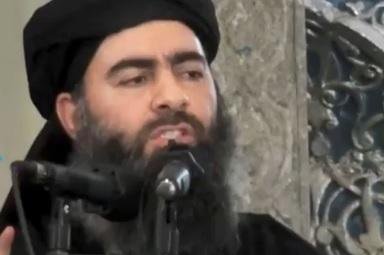Topic: Izzat Ibrahim al-Douri
Izzat (Ezzet) Ibrahim al-Douri (ad-Douri, al-Duri, ad-Duri) (Arabic: عزة ابراهيم الدوري), (born 1 July 1942) is an Iraqi military commander and was vice-president and deputy chairman of the Iraqi Revolutionary Command Council, until the 2003 U.S.-led invasion of Iraq. Following the execution of former President Saddam Hussein on 30 December 2006, al-Douri was confirmed as the new leader of the banned Iraqi Baath Party on 3 January 2007.
At the time of the invasion, al-Douri, along with President Saddam Hussein and Vice President Taha Yassin Ramadan, was among the three surviving plotters who had brought the Ba'ath Party to power in a coup in 1968. Following the coup, he had continued to retain a prominent position in the Ba'ath regime. This was aided by the fact that al-Douri came from the same clan area as Saddam and had not acquired a distinct power base; thus he did not pose a threat to Saddam's ambitions.
It is alleged that al-Douri played a key role in the chemical shelling of rebellious Kurdish villagers near the city of Halabja in 1988, that resulted in the deaths of 5,000 civilians. Following the Gulf War, he was frequently sent abroad to represent Iraqi interests as Saddam's deputy. His daughter was briefly married to Uday Hussein al-Tikriti, a son of President Saddam Hussein. Due to Uday's continuous feuds with his uncles, however, he later divorced her.
It uses material from the Wikipedia article "Izzat Ibrahim al-Douri."






